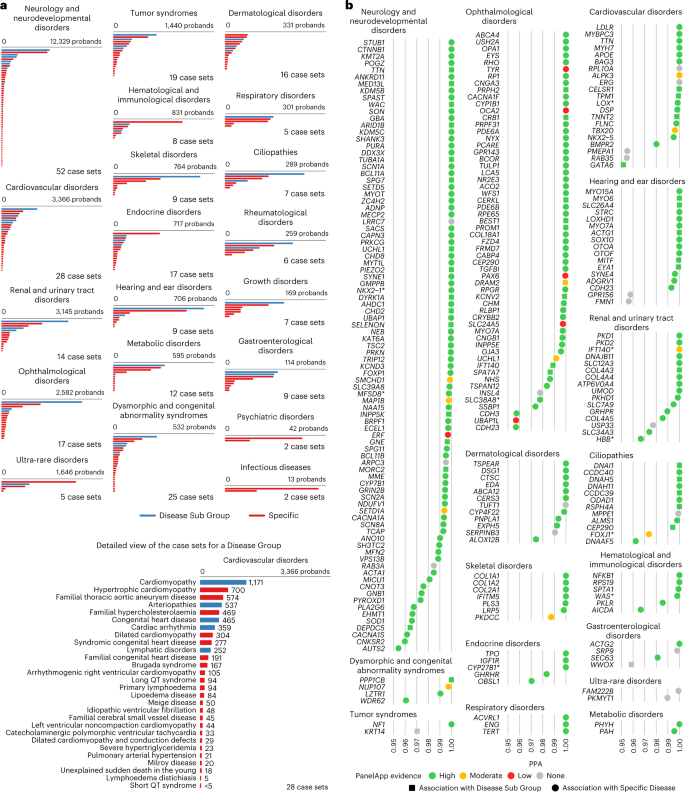2023-03-20 ライス大学
この研究により、免疫反応ががん細胞の抵抗性を高めることがわかった。従来の腫瘍モデルにはない、免疫細胞など環境因子を考慮したモデルの開発は、より効果的ながん治療法の開発につながる可能性がある。また、個人の腫瘍の特徴を用いた治療モデルの開発も視野に入れている。
<関連情報>
- https://news.rice.edu/news/2023/upgraded-tumor-model-optimizes-search-cancer-therapies
- https://www.sciencedirect.com/science/article/abs/pii/S0142961223000844?via%3Dihub
骨肉腫の力学的に調整可能な人工モデルにおいて、腫瘍関連マクロファージが炎症と薬剤耐性を誘導することがわかった Tumor-associated macrophages induce inflammation and drug resistance in a mechanically tunable engineered model of osteosarcoma
Letitia K. Chim, Isabelle L. Williams, Caleb J. Bashor, Antonios G. Mikos
Biomaterials Available online: 7 March 2023
DOI:https://doi.org/10.1016/j.biomaterials.2023.122076

Abstract
The tumor microenvironment is a complex and dynamic ecosystem composed of various physical cues and biochemical signals that facilitate cancer progression, and tumor-associated macrophages are especially of interest as a treatable target due to their diverse pro-tumorigenic functions. Engineered three-dimensional models of tumors more effectively mimic the tumor microenvironment than monolayer cultures and can serve as a platform for investigating specific aspects of tumor biology within a controlled setting. To study the combinatorial effects of tumor-associated macrophages and microenvironment mechanical properties on osteosarcoma, we co-cultured human osteosarcoma cells with macrophages within biomaterials-based bone tumor niches with tunable stiffness. In the first 24 h of direct interaction between the two cell types, macrophages induced an inflammatory environment consisting of high concentrations of tumor necrosis factor alpha (TNFα) and interleukin (IL)-6 within moderately stiff scaffolds. Expression of Yes-associated protein (YAP), but not its homolog, transcriptional activator with PDZ-binding motif (TAZ), in osteosarcoma cells was significantly higher than in macrophages, and co-culture of the two cells slightly upregulated YAP in both cells, although not to a significant degree. Resistance to doxorubicin treatment in osteosarcoma cells was correlated with inflammation in the microenvironment, and signal transducer and activator of transcription 3 (STAT3) inhibition diminished the inflammation-related differences in drug resistance but ultimately did not improve the efficacy of doxorubicin. This work highlights that the biochemical cues conferred by tumor-associated macrophages in osteosarcoma are highly variable, and signals derived from the immune system should be considered in the development and testing of novel drugs for cancer.


